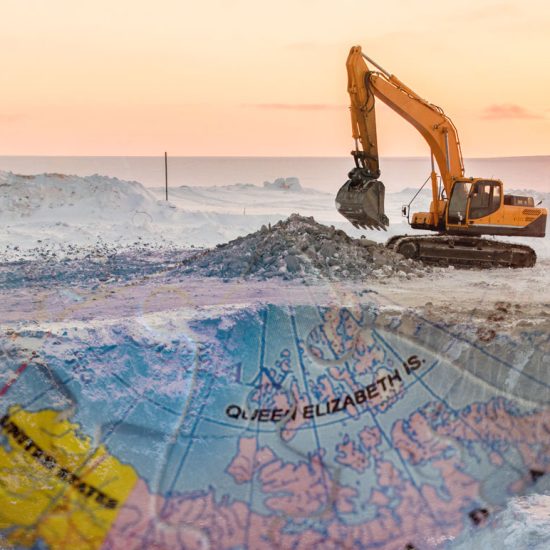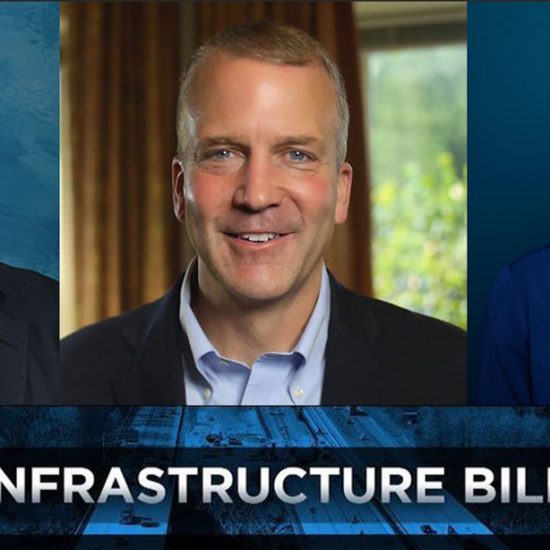Fred Fleitz – There’s a confusing debate underway on the merits of the new nuclear agreement with Iran announced today. The Obama administration and its supporters are praising the accord as a historic achievement for world peace. The president’s critics claim it is a terrible agreement that will bolster the nuclear program of state sponsor of terror. Both sides are throwing around nuclear terminology, timelines, and minutiae about the agreement.
How to make sense of this? I believe best way is to judge this agreement against President Obama’s own statements.
In 2007, when he was beginning his run for president, Senator Obama told a conference of the American Israel Public Affairs Committee (AIPAC) that “the world must work to stop Iran’s uranium-enrichment program.”
On October 22, 2012, during a presidential debate with Mitt Romney, Mr Obama said: “Our goal is to get Iran to recognize it needs to give up its nuclear program and abide
In December 2013 at a Brookings Foundation forum, President Obama said: “They don’t need to have an underground, fortified facility like Fordow in order to have a peaceful nuclear program. They certainly don’t need a heavy-water reactor at Arak in order to have a peaceful nuclear program. They don’t need some of the advanced centrifuges that they currently possess.”
This is what the president said about the Iran nuclear program to get elected. This is what the president told the American people to reassure them about the Iran talks.
The agreement announced today does not come close to meeting these statements and promises.
Under the deal, Iran will keep its entire nuclear infrastructure. After the IAEA certifies compliance with easy-to-meet requirements, U.N. Security Council resolutions pertaining to Iran’s nuclear program will be lifted and Tehran will get an estimated $100 billion in sanctions relief.
Iran is currently enriching uranium with about 9,000 centrifuges. About 6,000 will be kept operational; about 5,000 will continue to enrich. Another 10,000 — many non-operational — will be put in storage or unplugged. However, no centrifuges will be destroyed or removed from the country.
Iran also will continue to develop advanced uranium centrifuges while the agreement is in effect. However, unlike the interim agreement, which set the stage for the nuclear talks and barred Iran from testing advanced centrifuges with uranium (a provision Iran violated in mid 2014), the new agreement requires only that R&D of advanced centrifuges be tested “in a manner that does not accumulate enriched uranium.” This means Iran will be allowed to do more-intensive testing of advanced centrifuges than was permitted during the nuclear talks.
Under the agreement, Iran is supposed to dilute its enriched-uranium stockpile, convert some of it to fuel plates for a small research reactor, or sell it on the open market. Diluting its enriched uranium could be reversed in a few months — possibly much faster if Iran uses advanced centrifuges.
A bizarre aspect of this part of the agreement is that Iran will receive natural uranium for any enriched uranium it “sells.” This will help preserve Iran’s enrichment capability and also solve a problem it has concerning access to natural uranium. (Iran has little natural uranium and its uranium mines are running out.)
Iran has agreed to replace the core of its Arak heavy-water reactor, which is under construction, so it will produce less plutonium and send the spent fuel rods of this reactor out of the country. However, it will be permitted to operate the Arak reactor, a significant reversal of pre-2013 U.S. policy that work on this reactor be halted permanently because it is a serious nuclear-proliferation threat. Because of this new provision, Iran will develop its expertise on operating and building heavy-water reactors during the period the agreement is in effect.
This adds up to an agreement that will shorten, not lengthen, the time to an Iranian nuclear weapon.
Effectively verifying this agreement will be impossible, since the “24/7” inspections promised by President Obama and Secretary of State John Kerry in their speeches today apply only to Iran’s declared nuclear program and supply chain. The IAEA can “press” for inspections of military sites and other suspect nuclear sites, but the agreement does not provide for any penalty if Iran refuses to grant IAEA inspectors access.
Some of the worst U.S. concessions concern Iran’s eleventh-hour demand to lift embargoes on conventional arms and ballistic missiles. The conventional-arms embargo will stay in place for five years, and the ballistic-missile embargo will be in place for eight years but will be lifted sooner if the IAEA definitively clears Iran of any current work on nuclear weapons. The IAEA is very unlikely to find evidence of current nuclear-weapons work, as it won’t be allowed to inspect non-declared nuclear sites where this activity is taking place. This means these embargoes could be lifted much sooner.
To defend an agreement that legitimizes Iran’s nuclear program, President Obama could possibly claim that Iran can be trusted because it has begun to act like a responsible member of the international community. However, we know it hasn’t. A State Department report from last June found that Iran’s sponsorship of worldwide terrorism has continued and did not decline in 2014 during the nuclear talks. Iran also is stepping up its efforts to destabilize the Middle East and continues to back the Assad regime and an insurgency in Yemen.
As American supporters and detractors of the nuclear deal engage in a heated debate over the next two months before Congress votes on a resolution of disapproval of the deal, the most important question to resolve is whether President Obama had a mandate from the American people to negotiate this terrible and dangerous agreement. Would he have won the 2008 or 2012 presidential elections if he gave even a hint of a deal like this? Would Congress have supported this abrupt change in American foreign policy if the president had kept it informed about his nuclear diplomacy with Iran and consulted with the Hill during the talks?
The answers to these questions are clearly “no.” The Iran deal is the complete opposite of what President Obama promised the American people about how he would handle the Iranian nuclear program. Congress was kept in the dark about the talks, to stop lawmakers from interfering with an agreement the president knew he could never sell to the American people.
This is more than a bad deal. President Obama has betrayed the American people by agreeing to the kind of agreement with an enemy of the United States that he said he would not agree to. It is vital that Congress hold the president to his original promises by rejecting this agreement on a strong bipartisan basis and send a signal to the world that if a Republican is elected president in 2016, this deal will be declared null and void on his or her first day in office.
Fred Fleitz, a former CIA analyst, is senior vice president for policy and programs with the Center for Security Policy. He worked in national security posts in the U.S. government for 25 years with the CIA, the State Department, and the House Intelligence Committee. Follow him on Twitter @fredfleitz.











